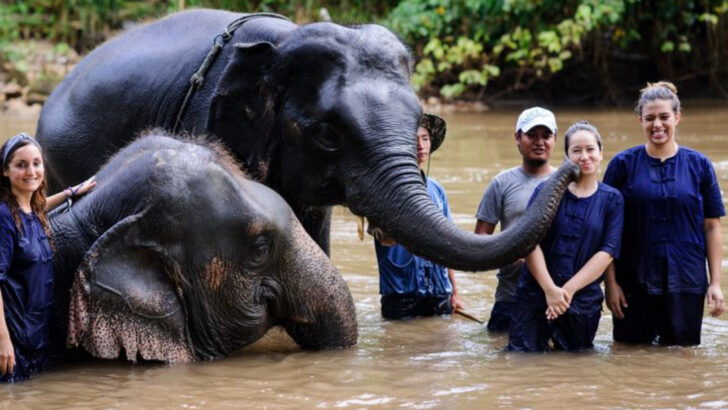One person can’t save the planet—but you can absolutely help tip the scale.
Wildlife is vanishing, habitats are shrinking, and some species are running out of time. But this isn’t a hopeless story. It’s a call to action—with real ways to make a difference.
Forget vague slogans and empty promises. These are boots-on-the-ground, paws-in-the-dirt efforts that are changing lives—human and animal alike.
Want to be part of something bigger than scrolling and sighing?
These 13 powerful movements are waiting for people like you to care, click, and do something real. Let’s get to it.
Adopt a Coral Reef
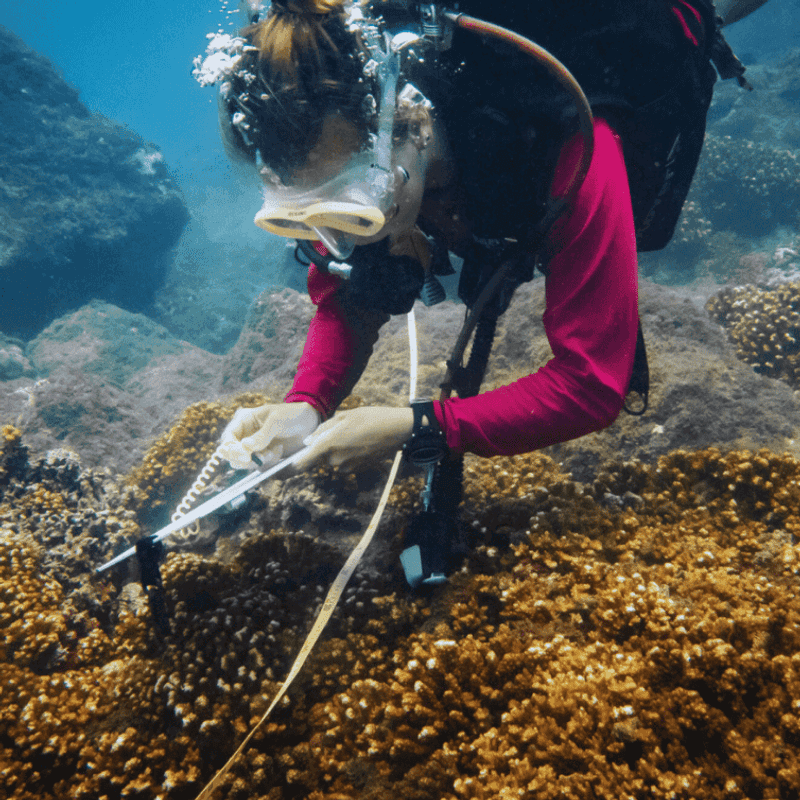
Coral reefs, often called the “rainforests of the sea,” are teeming with life and essential to marine ecosystems. Adopting a coral reef allows you to support organizations working to preserve these vital structures. This initiative involves funding reef restoration projects, which focus on planting new corals and protecting existing ones from threats like pollution and climate change. With coral reefs covering less than 1% of the ocean floor, their survival is crucial for countless marine species. By adopting a reef, you play a part in their conservation, ensuring that these underwater wonders continue to thrive for generations.
Support Elephant Sanctuaries
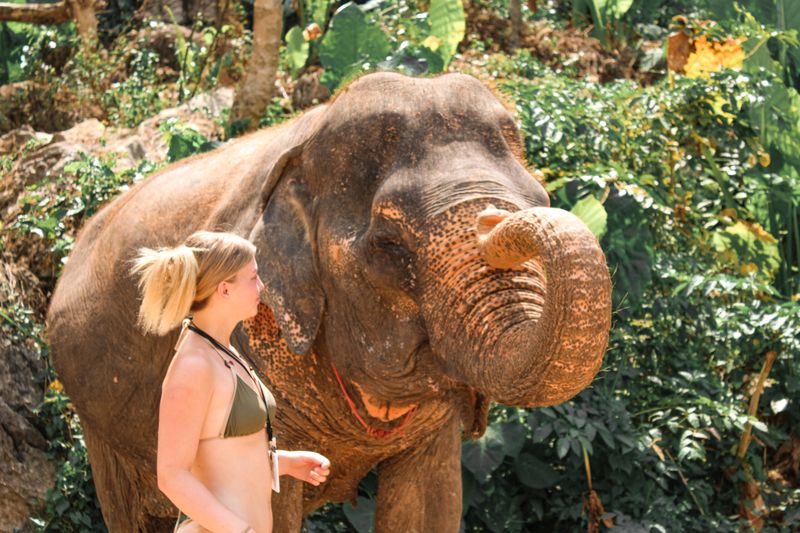
Elephants are majestic creatures that face threats from poaching and habitat loss. Supporting elephant sanctuaries provides a haven where these gentle giants can live safely. Sanctuaries focus on rehabilitation, offering care to elephants injured or rescued from circuses and illegal trade. By donating or volunteering, you contribute to their well-being and help raise awareness about their plight. Elephants play a key role in their ecosystems by helping to maintain the habitats they live in, such as forests and savannas. Your support aids conservation efforts and promotes sustainable coexistence with humans.
Participate in Tree Planting
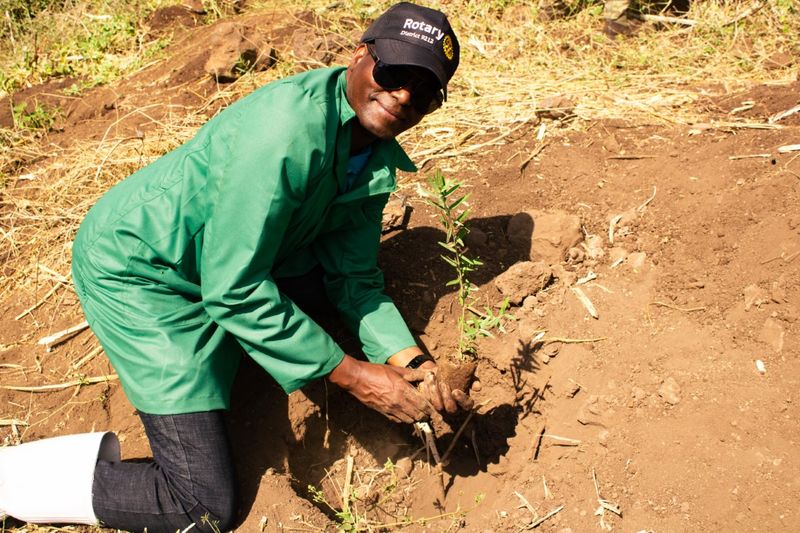
Forests are the lungs of our planet, absorbing carbon dioxide and providing oxygen. Participating in tree planting initiatives helps combat deforestation and climate change. These events, often organized by local communities or environmental groups, encourage individuals to plant native trees in deforested areas. Tree planting not only restores ecosystems but also provides habitats for wildlife and improves air quality. Engaging in these activities fosters a sense of community and responsibility for the environment. By planting trees, you contribute to a greener, healthier planet for future generations.
Join a Beach Cleanup
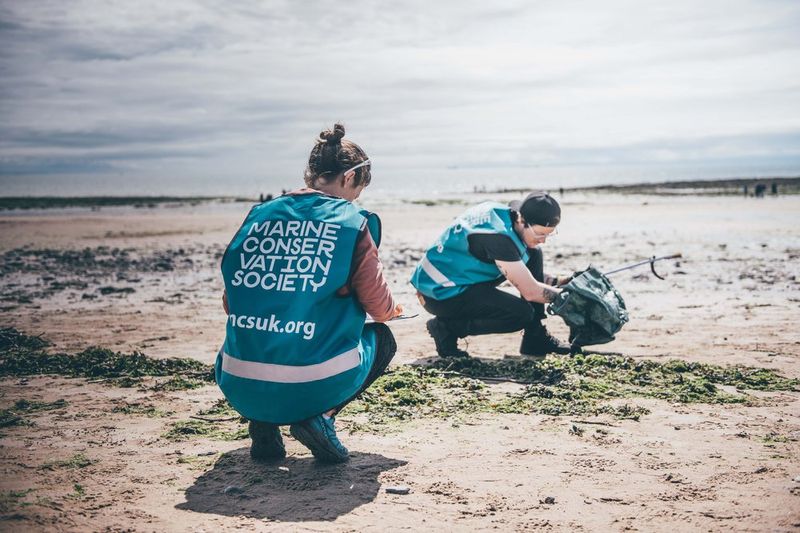
Beaches are more than vacation spots; they are vital ecosystems supporting diverse marine life. Joining a beach cleanup helps remove trash and plastic pollution, which threaten sea creatures and birds. These events, often organized by environmental NGOs, aim to protect marine biodiversity and raise awareness about the impact of human activities on ocean health. By volunteering your time, you contribute to cleaner coastlines and healthier oceans. Beach cleanups also encourage sustainable habits, such as reducing plastic use and proper waste disposal, making a lasting impact on marine conservation efforts.
Support Wildlife Conservation Projects
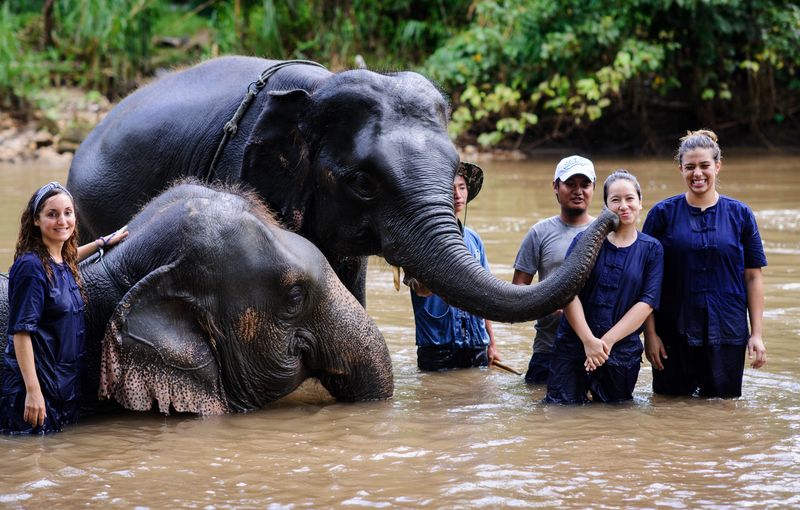
Wildlife conservation projects aim to protect endangered species and preserve biodiversity. Supporting these projects involves funding research and initiatives that focus on habitat restoration, anti-poaching efforts, and public education. Conservationists work tirelessly to ensure the survival of species like tigers, rhinos, and orangutans. By contributing financially or volunteering, you help sustain these critical efforts. Wildlife conservation is important not only for species survival but also for maintaining ecological balance. Your involvement supports a future where humans and wildlife coexist harmoniously, preserving nature’s wonders for generations to come.
Promote Sustainable Fishing
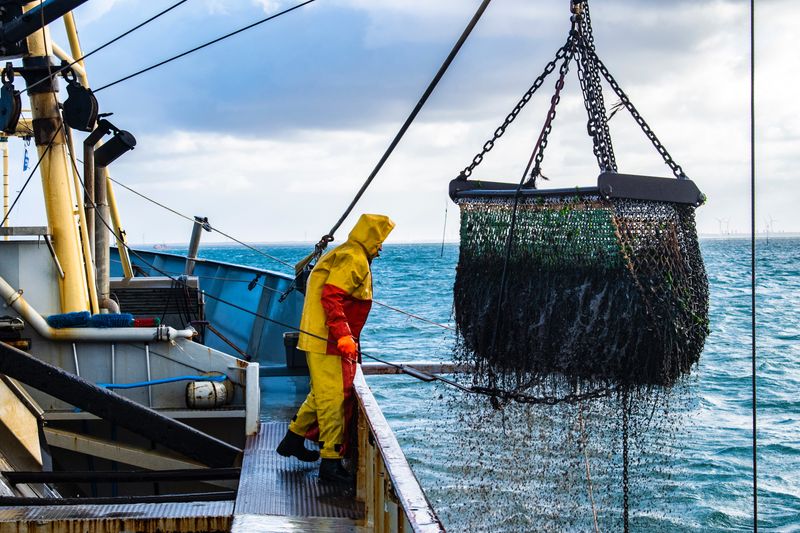
Sustainable fishing practices ensure that fish populations are not depleted and marine ecosystems remain balanced. By promoting sustainable fishing, you help protect ocean biodiversity and livelihoods dependent on fishing. Supporting organizations that advocate for sustainable seafood labels and responsible fishing techniques contributes to healthier oceans. These initiatives focus on reducing bycatch, protecting endangered species, and ensuring fish stocks are replenished. By choosing sustainably sourced seafood, you encourage responsible consumer habits and foster a market that values environmental responsibility, contributing to long-term ocean sustainability.
Engage in Pollinator Garden Projects
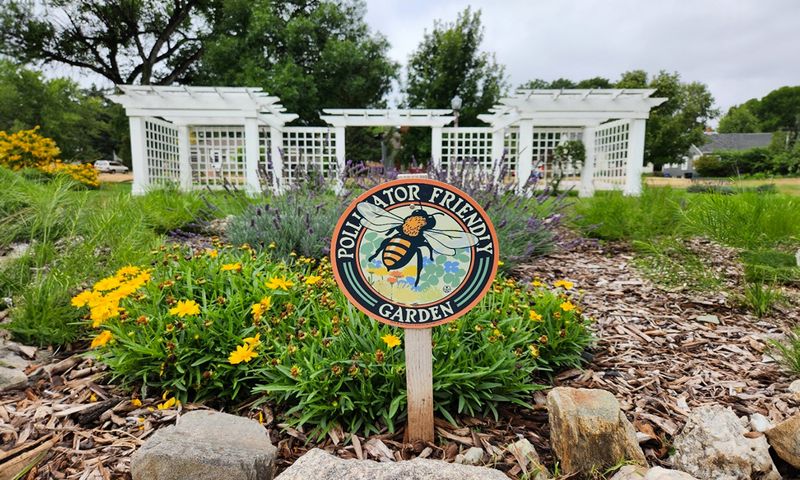
Pollinators like bees, butterflies, and birds are essential for plant reproduction and agricultural production. Engaging in pollinator garden projects helps create habitats that support these vital creatures. By planting native flowers and providing nesting sites, you aid pollinator populations and enhance biodiversity. These gardens not only beautify spaces but also contribute to local food security by supporting crop pollination. Community-driven, these projects foster collaboration and awareness about the importance of pollinators. Participating in pollinator gardens empowers individuals to contribute to ecological health and sustainability in their own backyards.
Support Endangered Species Acts
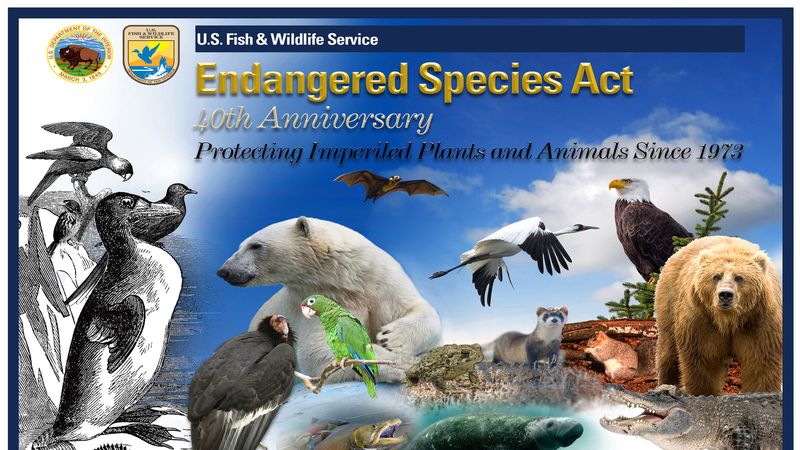
Endangered Species Acts are critical legal frameworks protecting threatened animals and plants. Supporting these acts ensures that species on the brink of extinction receive necessary protections. Advocacy and awareness campaigns aim to strengthen these laws and promote conservation policies. By participating in campaigns or supporting organizations focused on endangered species legislation, you contribute to vital efforts that preserve biodiversity. These acts not only protect individual species but also maintain ecological balance. Your support helps create a world where endangered species have a fighting chance to recover and thrive.
Contribute to River Conservation
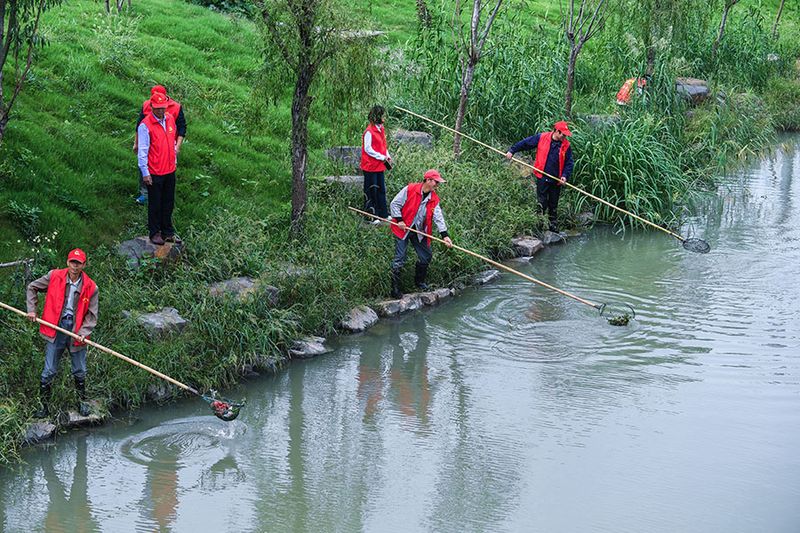
Rivers are lifelines for both humans and wildlife, providing water, transportation, and habitats. Contributing to river conservation efforts helps protect these vital waterways from pollution, overuse, and habitat destruction. Initiatives focus on cleaning rivers, restoring riverbanks, and promoting sustainable water use. By supporting or volunteering with river conservation projects, you help safeguard aquatic ecosystems and the communities that rely on them. Healthy rivers are crucial for maintaining biodiversity and natural resources. Your involvement in river conservation efforts contributes to sustaining these essential ecosystems for future generations.
Participate in Urban Greening
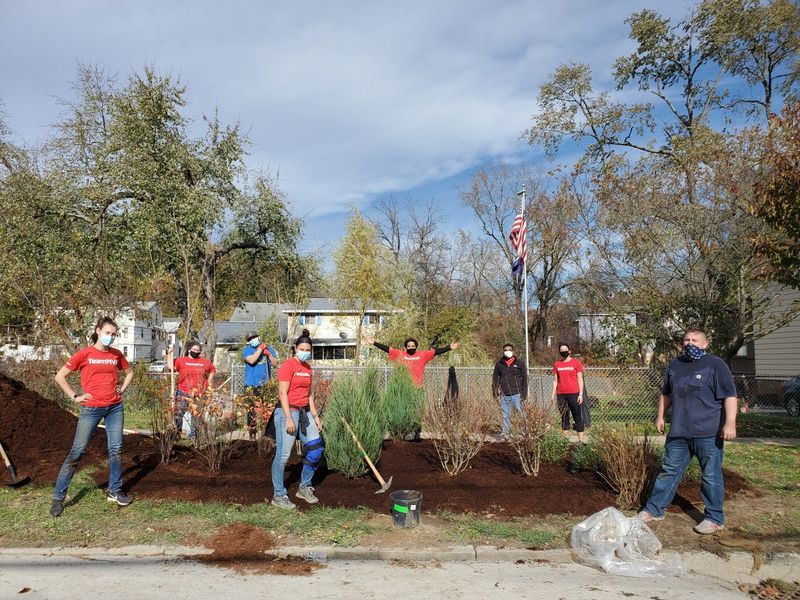
Urban greening initiatives transform concrete jungles into vibrant green spaces, enhancing city life and ecological health. Participating in these projects involves planting trees, creating parks, and developing rooftop gardens. Urban greening not only improves air quality and reduces urban heat but also provides habitats for urban wildlife. These initiatives foster community involvement and promote sustainable urban development. By joining urban greening efforts, you contribute to making cities more livable and environmentally friendly. Your participation supports a future where urban areas harmoniously integrate nature and infrastructure.
Advocate for Renewable Energy
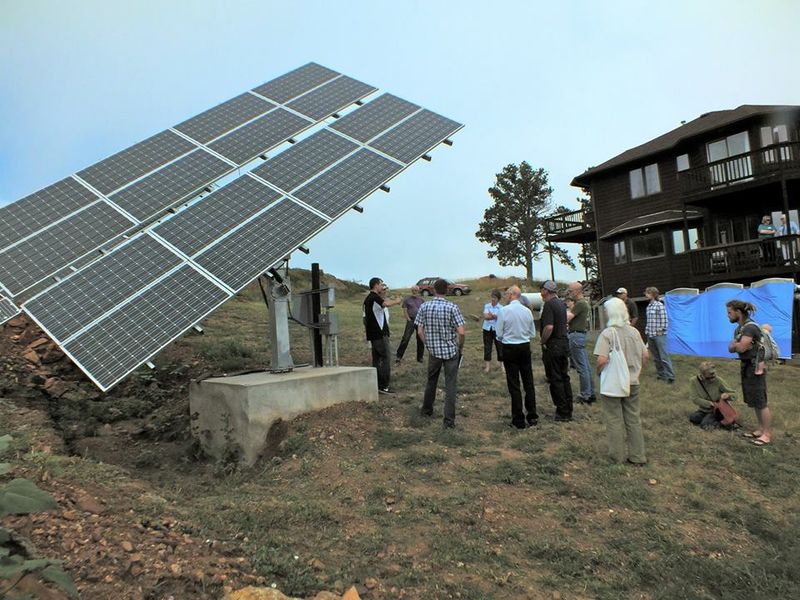
Renewable energy is key to reducing carbon emissions and combating climate change. Advocating for renewable energy involves supporting policies and projects that promote wind, solar, and other clean energy sources. By raising awareness and encouraging investment in renewables, you contribute to a sustainable energy future. These efforts focus on transitioning from fossil fuels to clean energy, reducing environmental impact. Supporting renewable energy not only aids climate action but also promotes energy independence and economic growth. Your advocacy helps drive the shift towards a cleaner, healthier planet.
Participate in Wildlife Monitoring

Wildlife monitoring is crucial for understanding species behavior and conservation needs. Participating in these efforts involves observing and recording animal activities, contributing valuable data to conservationists. This citizen science initiative helps track population trends and identify threats to wildlife. By volunteering, you gain insight into natural ecosystems and support informed conservation decisions. Wildlife monitoring not only aids species protection but also fosters a deeper connection with nature. Your involvement in these projects helps ensure that wildlife continues to thrive, enhancing biodiversity and ecological resilience.
Volunteer for Marine Conservation
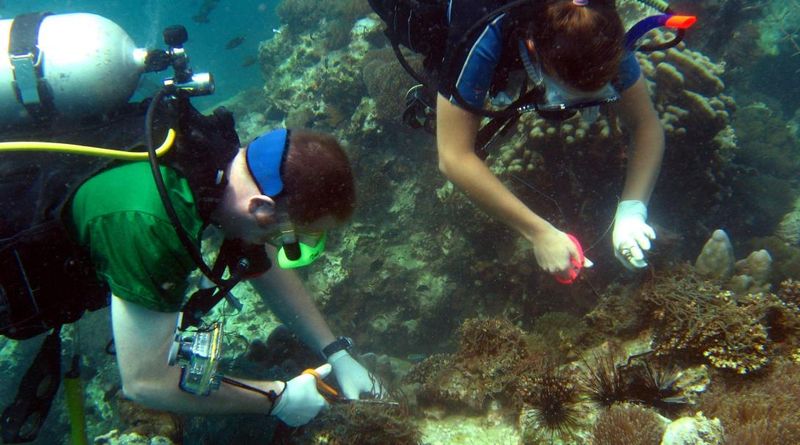
Marine conservation is essential for preserving ocean health and biodiversity. Volunteering for marine conservation involves activities like coral restoration, species monitoring, and marine debris removal. These initiatives focus on protecting marine ecosystems from threats like pollution and overfishing. By volunteering, you contribute to efforts that sustain ocean life and promote awareness about the importance of marine conservation. Engaging in marine projects not only aids environmental efforts but also enhances personal understanding of marine ecology. Your participation supports healthier oceans and a sustainable future for marine life.

